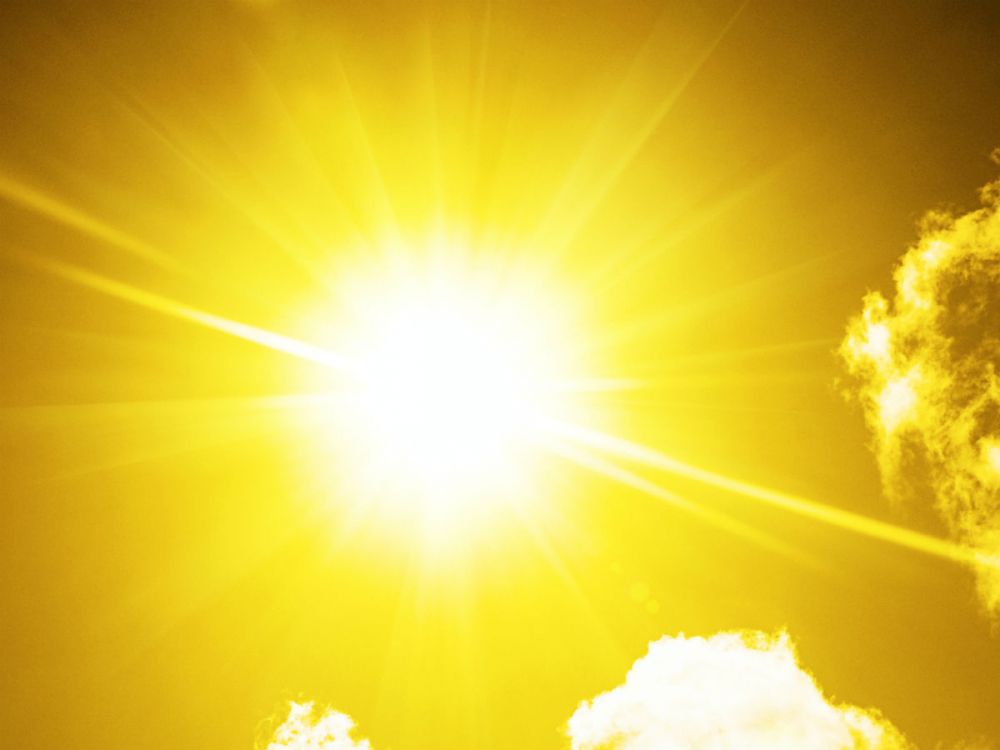
Why we need cleaner air
We all want to know our air is clean and healthy. But too many of us in the UK breathe dirty air every day, especially in our towns and cities. Air pollution is a hidden killer and is linked to a range of health conditions, particularly respiratory and cardio-vascular, as well as others including even causing lung cancer.
Find out what causes air pollution, and what our leaders need to do to clean up our air and protect the most vulnerable.

Air pollution facts and figures
What causes air pollution?
Road traffic is the biggest contributor to air pollution.
Road transport is the major source of the toxic gas nitrogen dioxide (NO2) in the air we breathe, and is responsible for up to 80% of it at the roadside, where the illegal levels occur.
Tiny particles, known as particulate matter (PMs), can find their way deep into our lungs, with some entering the bloodstream and reaching our organs. These particles come from a range of sources, but road traffic is a key contributor – including brake and tyre wear from all vehicles, even clean or electric vehicles.
We must tackle air pollution at source. For transport, this means getting the most polluting vehicles off our roads and reducing road traffic.

Demand no more airport expansion
Add your nameWhat are the types of air pollution?
We’re most concerned about three types of air pollutant that cause health problems:

Particulate matter (PMs). The most dangerous tiny particles of air pollution can worsen heart and lung disease, and can trigger heart attacks and strokes.

Nitrogen dioxide (NO2). This toxic gas NO2 causes shortness of breath, inflames the lining of the lung and reduces immunity to lung infections – and is worse for people with asthma.

Ground level ozone (O3). Ground level ozone can irritate the lungs, the eyes, nose and throat.

Air pollution and children

Air pollution hotspots in England and Wales
Enter your postcode in the box on the map to see what’s going on in your area.
If you’re keen to work on improving air pollution where you live, see if there’s a group you can join in your area.

Action on air pollution
We need more action from government and local authorities to clean up our air. Our leaders must:
- Bring UK targets in line with current World Health Organisation (WHO) guidelines. The UK’s NO2 target is 4 times the WHO guideline, and even the new PM2.5 target in the Environment Act is 2x the WHO Guideline – the existing target must be met by 2030 not 2040 on the way to meeting the WHO guideline as soon as possible.
- Set targets to cut car mileage by at least 20% by 2030, for climate and air pollution reasons while building more electric vehicles charging points.
- Invest much more in public transport, and in safe cycling and walking while cutting spending on massive road building plans which would just add to traffic and pollution.
- Introduce more Clean Air Zones to restrict the dirtiest vehicles from the most polluted places in our towns and cities while driving a national scrappage scheme to help people shift to clean vehicles and greener travel.
- Tackle all sources of the key pollutants affecting health and nature including from wood burning and from agriculture.
- We need a new Clean Air Act to set out new targets and measures, as well as a wider Environmental Rights Act to give us a wider Right to a Healthy Environment.
We all deserve thriving nature, clean air and safe waters
Demand a healthy environmentHealthy Air Coalition
Friends of the Earth are proud to have been founding members of the Healthy Air Coalition, a collection of leading health, environment and transport organisations dedicated to tackling modern air pollution head-on.
Together, we're pushing to tighten UK targets and secure a Clean Air Act giving everyone a right to clean air, to safeguard the health of everyone in the UK.
The solutions to the UK’s most pressing environmental exist. Now, we need the government to step up and take meaningful action to address the air pollution crisis.


What does heat do to air quality?





